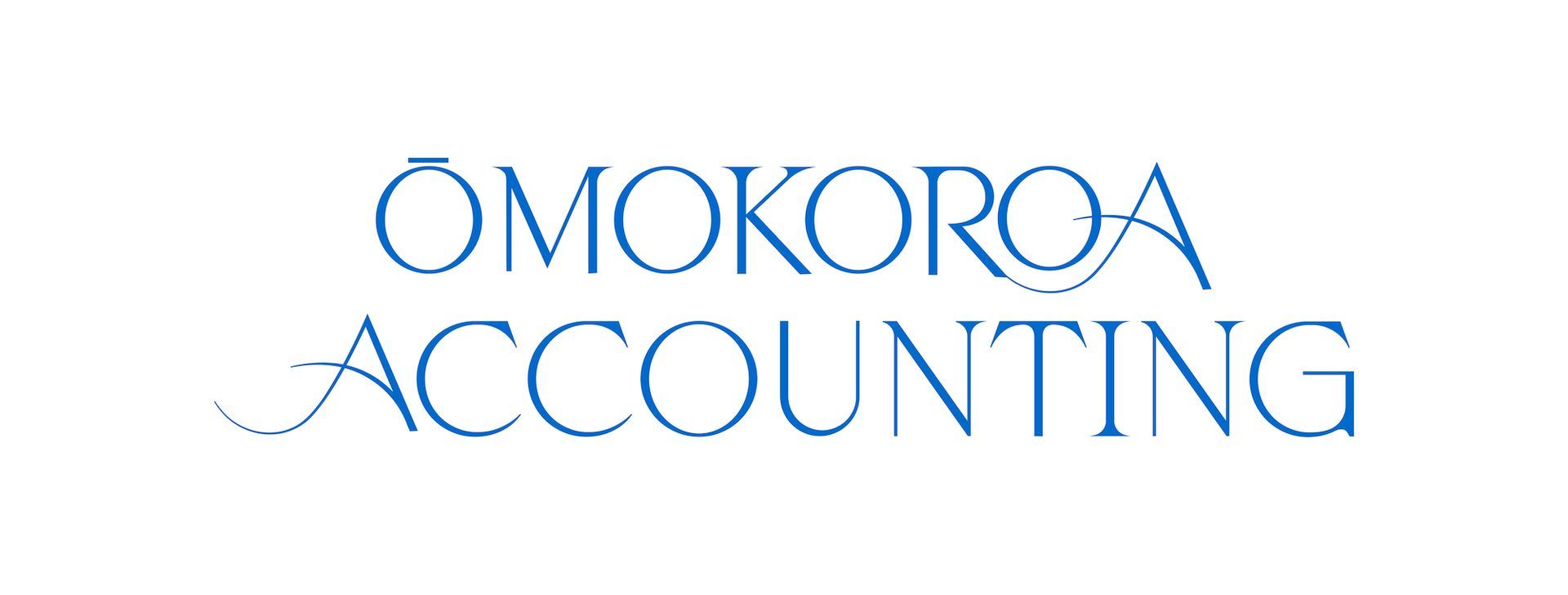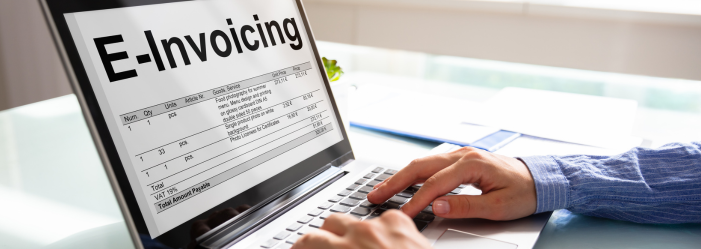Should you be using accounting software?
All organisations have to keep a copy of certain records, whether that be electronically or in hard copy. It’s important to keep these records up-to-date and accurate so it’s easier to keep track of your business’s income and expenses, and it is a requirement by Inland Revenue that you keep a copy of your records for 7 years.
Using accounting software can save you time, increase accuracy, and streamline your financials. So, should you make the move to accounting software? Here are some of the benefits of going electronic.
Save time
Electronic accounting software can help reduce the time you spend on manual data entry by automatically handling time-consuming activities. Accounting software makes tasks like invoicing your customers, recording payments, and following up on overdue payments much faster and easier. Plus, it can instantly generate key financial reports, which is quicker for both you and your accountant.
Less chance of missing something
You need to keep a record of your banking. These days, you can save time and bypass a lot of manual data entry by linking your business systems with your electronic accounting software making reconciling transactions, reporting, and keeping a record of your income and expenses more efficient. There’s also less chance of missing something because the system captures all transactions for you.
Promotes accuracy
Accurate and reliable data can help improve your business decision-making processes and should be an essential part of your business strategy. Electronic accounting software removes the need for manually updating multiple cells on multiple spreadsheets, making changes to your records more accurate, easier and faster. This helps keep your data free from errors and provides you with the most accurate information so you can make better decisions for your business, improve your customer experience, reduce operating costs, and drive sales.
Easier for your accountant to analyse your end-of-year accounts
While accounting software can improve efficiency, automate your invoicing, and simplify your record keeping, it won’t do your bookkeeping and file your tax returns. Therefore, accounting software should work in partnership with your accountant, so they can do a better job of helping you do business. Accounting software can make it easier for your accountant to analyse your accounts, and provide expert advice tailored to your business.
Streamlines tax filing
Using standardized financial statements and accurate data makes it easier for your accountant to file your GST and tax returns at the end of the financial year. Accounting software can keep a record of your income and track taxable and non-taxable items, making it easier to produce a report when it comes to tax time.
Thinking of going electronic, but not sure what the best option is for your business? Give us a call, for a chat. Ōmokoroa Accounting are partners with both Xero and MYOB which are the two main accounting software businesses commonly use, but we also have experience working with other software programmes, such as Infusion and SAM.








